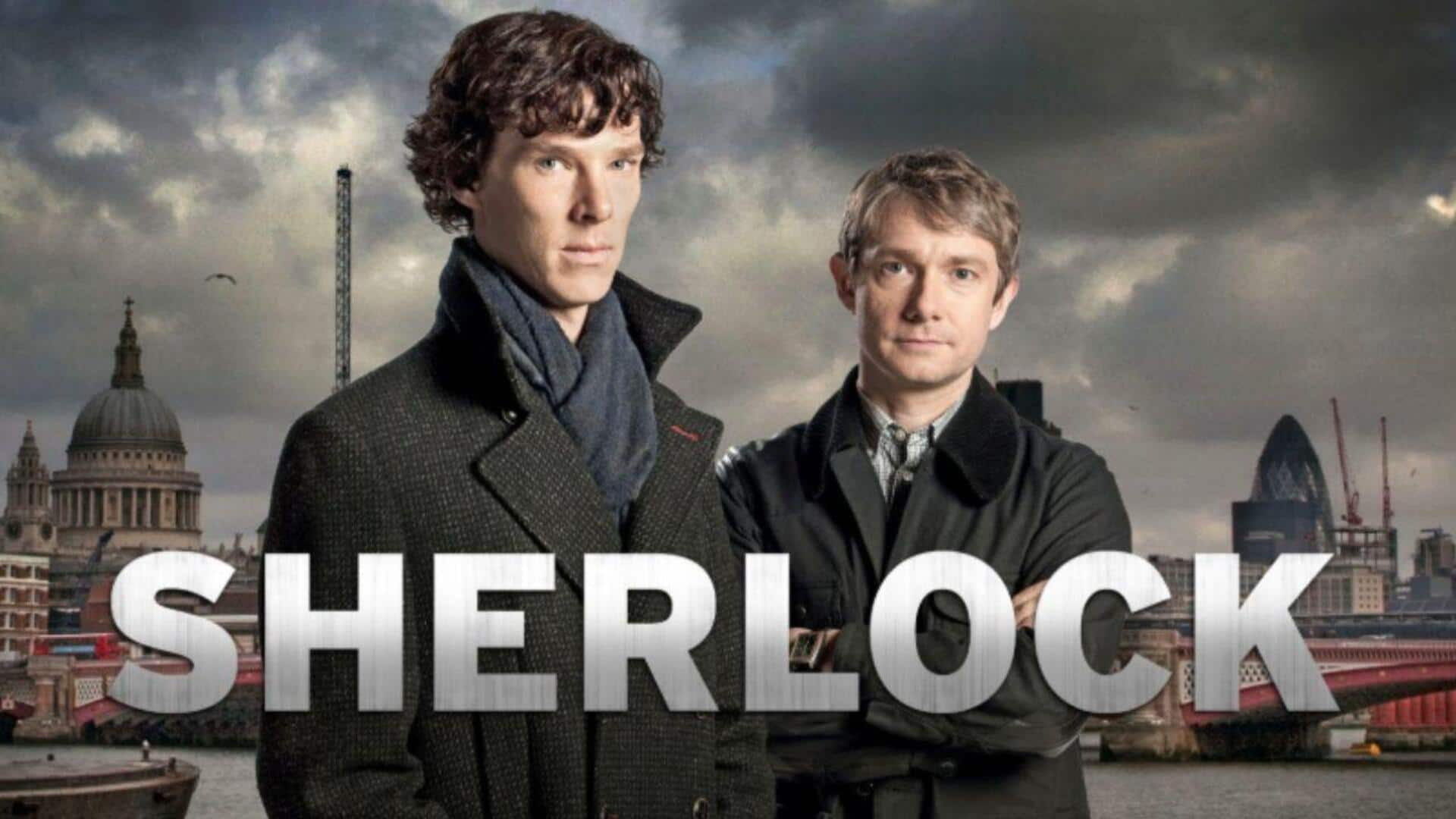
What 'Sherlock' gets right about observation and problem-solving
What's the story
The television series Sherlock has mesmerized viewers with its depiction of the legendary detective's sharp observational skills. Although the show is imaginary, it does bring to light a few real-world techniques that can improve one's capability to observe and analyze situations accurately. By looking at these tricks, one can learn to pay attention to things that otherwise go unnoticed, making problem-solving easier in real life.
#1
The power of deduction
In Sherlock, deduction is the most important skill that the detective uses to conclude from the most insignificant details. The technique involves observing minute cues and putting them together to see the bigger picture. By practicing deduction, you can develop your analytical thinking and take informed decisions based on the available evidence.
#2
Attention to detail
One of the most important lessons from Sherlock is the importance of paying attention to detail. More often than not, the detective notices the smallest elements that others ignore, and that leads him to solve some of the most difficult cases. The skill is developed through practice of focusing on certain aspects of a situation and not getting distracted by irrelevant information.
#3
Memory techniques
The series also highlights how Sherlock employs memory techniques such as the mind palace method, where he spatially organizes information in his mind for effortless retrieval. This technique enhances memory retention and recall by linking facts with visual/spatial cues, which makes remembering important details easier when required.
#4
Understanding human behavior
Sherlock also emphasizes the importance of knowing how to read people as part of being observant. By learning to read body language, facial expressions, and tone of voice, you can learn so much about what is going on in people's heads and how they think. This helps in better communication and relationship-building, both personally and professionally.